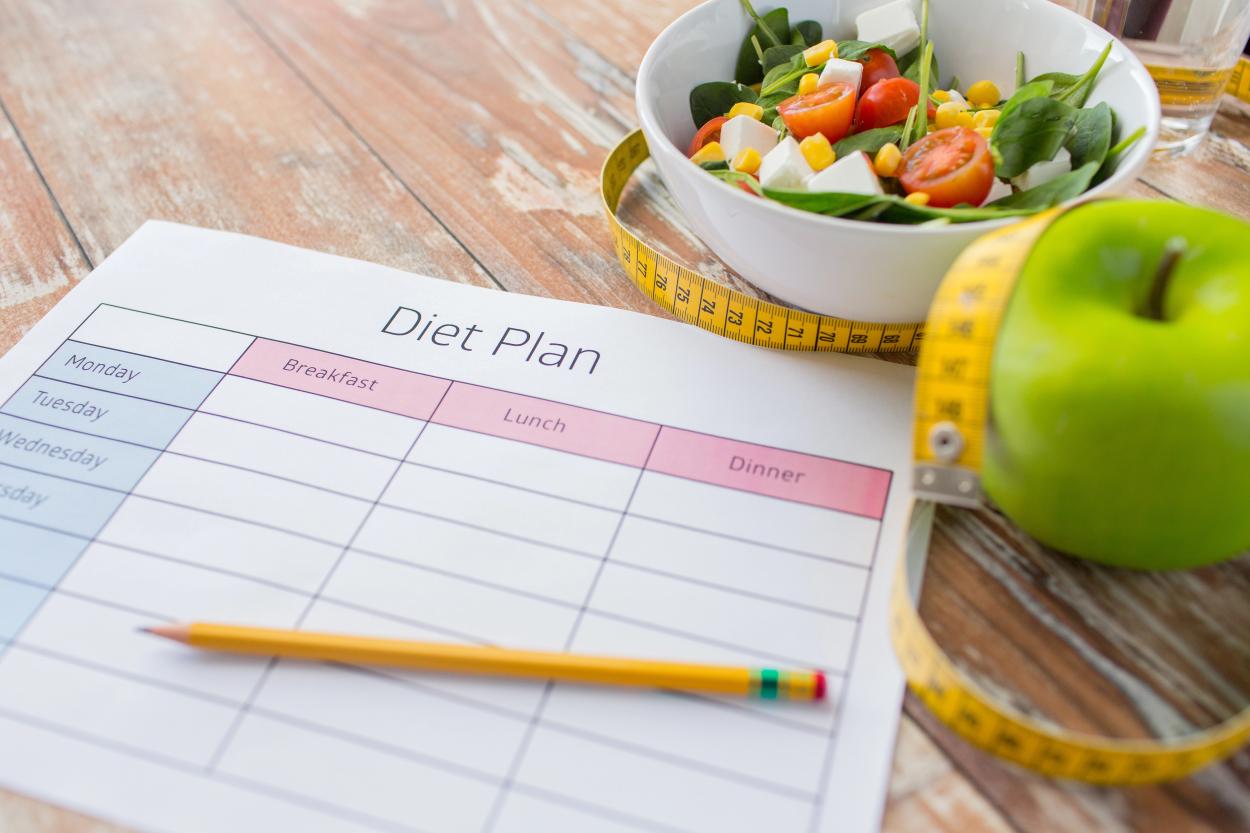Hydration
- You should still aim to drink at least 1.5 liters of fluid per day. It may still be difficult to drink this amount per day, so try to take small sips on a near-constant basis. Keep fluids within reach at all times; if you leave the house, take a drink bottle with you.
- Many patients find they cannot drink enough fluids due to eating as food gets in the way. This will improve with time.
- Your priority during this stage of recovery is fluid more than food.
- Aim for 1.5 liters of fluid daily.
- Sip slowly—avoid gulping.
- Carry a water bottle with you at all times.
Diet
- Continue with the puree diet for another week, then progress to a soft diet. Keep to a routine of three meals per day and avoid between-meal snacking.
- Protein Intake: Ensure you are having enough proteins (minimum 60g/day for Sleeve patients, 90g/day for Bypass patients) to prevent muscle tissue loss. You can use the protein powder included in the green bag given to you prior to your surgery. It is balanced and unflavoured and easy to mix with drinks and other recipes.
- Avoid Carbohydrates: Try to avoid carbohydrates (e.g., bread, pasta, rice) as they tend to swell up and fill the limited amount of space in your stomach tube, making it even more difficult to drink or eat.
- Introducing New Foods: During this time, as you slowly introduce new food items, consider food intake as a "test". Take a small spoonful and give yourself 5 minutes to finish it. Plan each meal ahead of time, and if you go out, either take your own meal or order food that you have already tried at home.
- Hunger: Most patients do not feel hunger at this stage and forget to eat. Even the concept of hunger can be confusing. This is normal. Make sure you are drinking enough and having enough protein. You will start to feel hunger again over the next few months.
- Focus on protein-rich foods (60g/day for sleeve, 90g/day for bypass).
- Avoid carbs like bread, pasta, and rice.
- Introduce new foods slowly and in small portions.
Multivitamins
- You should have started taking your regular multivitamins when you started the puree diet phase.
- We give you a month’s supply of BN Multi chewable multivitamins. Take one twice a day.
- After the month, you can either continue taking the chewable multivitamins or switch to BN capsule multivitamins.
- Start multivitamins 1 week after surgery.
- Take chewable multivitamins twice daily for the first month.
Fatigue (Hibernation Syndrome)
- It is common 2-4 weeks after surgery to experience a drop in physical and mental energy. This is a natural protective response from the body to the stress of the surgery and the decreased calorie intake—a way for your body to conserve energy.
- Be mindful that depression can worsen during this stage. If you take antidepressants, make sure you keep taking them.
- The Hibernation Syndrome phase will pass naturally, but you should increase your protein intake and walk to help your body recover.
- Having a family member or friend’s support is extremely beneficial during this time.
- Increase protein intake to boost energy.
- Take short walks daily to improve mood and circulation.
- Lean on family and friends for support.
Feeling Cold
- You will most likely find yourself feeling the cold more than you did before your surgery. This occurs because your metabolic rate slows down after weight loss surgery.
- It will be most noticeable while you are losing weight but will also continue even once your weight has stabilised.
- Exercise, including light weight training, rebuilds your muscles and thus increases your metabolic rate.
- Dress in layers to stay warm.
- Light exercise can help increase your metabolic rate.
Nausea/Vomiting
- You may have some nausea and/or vomiting from time to time, especially if you eat or drink too fast or if you eat or drink too much (even just one mouthful too much).
- If you are vomiting regularly or are not able to drink enough, then this is not normal, and you should see Dr. Zarrouk/Dr. Kirby.
Pain
- You should have minimal pain by now.
- You can expect to have some soreness at the incision sites with certain movements. You may also get some pain in the top part of the abdomen or the left shoulder when you drink too fast.
- You should learn to slow down your drinking.
Bowels
- Some people will experience constipation, whilst others may get diarrhoea. Most patients will settle into a pattern of a bowel movement every 2-4 days.
- During the fluid, puree, and soft diet stages, you will not be having enough fibre in your diet. This can lead to constipation.
- We recommend taking a fibre supplement like Benefiber (you can purchase this at the supermarket or chemist). Mix the Benefiber into any drink, including water, and you will not notice a change in taste or texture. Start with 2 spoonfuls a day, then adjust according to the results.
- Alternatives are Metamucil or Psyllium Husks.
- If the fibre supplements do not help your constipation, then we recommend Coloxyl with Senna tablets or Movicol sachets (both available over the counter at the chemist).
- Use Benefiber or Metamucil to prevent constipation.
- If constipation persists, try Coloxyl with Senna or Movicol.
Weight Loss
- You will notice some weight loss during this period. It will be a modest weight loss as there will still be fluid retention as part of the normal physiological healing stages after surgery.
- We recommend you only check your weight once a week.
Exercise and Activities
- During these first few weeks, walking is the best form of exercise. Walking outside will help your healing and reduces the risks of blood clots and chest complications as well as lift your mood. Aim to walk 20 minutes a day, and increase as you feel better.
- Weight/muscle training/abdominal crunches can be started after the 6-week period.
- You can go up and down stairs as long as you are not experiencing pain.
- You can resume sexual activity as long as there is no pain.
- You will be able to drive as long as you are not taking any strong painkillers.
- Most people can return to work after 2 weeks, depending on your job. You should not lift anything more than 10kg for 4–6 weeks after your surgery to reduce the risk of getting a hernia at one of your incisions.
- Walk 20 minutes daily to boost recovery.
- Avoid lifting >10 kg for 4-6 weeks.
- Resume driving after 1 week (if not on painkillers).
Follow-Up
Sleeve Gastrectomy
- You will have a phone appointment with the dietitian 2-3 weeks after your surgery.
- You will have an appointment in the rooms with the surgeon/nurse 4-5 weeks after your surgery.
- You will have a phone appointment with the dietitian 6-8 weeks after your surgery.
Gastric Bypass
- You will have appointments in the rooms with the surgeon/nurse and dietitian 2-3 weeks after your surgery.
- You will have another appointment in the rooms with the surgeon/nurse and dietitian 6-8 weeks after your surgery.
- Sleeve Gastrectomy: Phone appointments at 2-3 weeks and 6-8 weeks; in-person appointment at 4-5 weeks.
- Gastric Bypass: In-person appointments at 2-3 weeks and 6-8 weeks.
Please contact the rooms at any time if you are having any problems – if it is out of hours, please see your GP or attend Campbelltown Public Emergency Department.
- Fever >38.5°C, chills, or worsening pain.
- Redness, swelling, or discharge from wounds.
- Vomiting, inability to drink, or shortness of breath.
- Contact your surgeon immediately if any of these occur.










